Different forms of B12 and their benefits:
-
Cyanocobalamin - This is the most common form of B12 and is typically used in vitamin supplements. It is usually synthesized in a laboratory and has been proven to be effective in treating B12 deficiency.
-
Methylcobalamin - This is a natural form of B12 that is found in animal products. It is easier for the body to absorb and is the preferred form of B12 for some people, especially those who have difficulty absorbing nutrients.
-
Hydroxocobalamin - This form of B12 is typically used in injectable B12 treatments to treat deficiency. It is also found in some foods, such as algae and certain seafood.
-
Adenosylcobalamin - This is another natural form of B12 that is found in animal products. It plays a important role in energy metabolism and is also involved in the synthesis of myelin, which is essential for healthy nerve function.
-
Cobalamin - This is the generic term for all forms of B12. It is used in some supplements and fortified foods as a source of B12.
It's important to note that all forms of B12 are effective in treating deficiency, but some may be more beneficial for certain individuals or conditions. It's always best to consult with a healthcare professional to determine which form of B12 is best for you.
Vitamin B12: Importance, Deficiency, and Management
Vitamin B12, also known as cobalamin, is an essential nutrient that our body cannot produce on its own. It plays a crucial role in the proper functioning of the nervous system, red blood cell formation, and DNA synthesis. However, its deficiency can cause various health problems ranging from mild fatigue to permanent neurological damage.
Causes and Consequences of Vitamin B12 Deficiency:
There are several reasons for B12 deficiency, including lack of dietary intake (mostly found in vegans and vegetarians), poor absorption due to gastrointestinal problems, and certain medical conditions that affect the production of intrinsic factor – a protein that helps in B12 absorption. Also, medications such as proton pump inhibitors, H2 receptor blockers, antacids, and metformin can interfere with the absorption of the vitamin, leading to its deficiency.
The deficiency can cause various symptoms that are mostly related to the functions that B12 supports. It can include fatigue, depression, poor memory, irritability, tingling and numbness in limbs, weakness, pale skin, and sore mouth or tongue. Severe deficiency for a prolonged period can cause irreversible neurological problems.
Neurological and Spinal Importance of Vitamin B12
Vitamin B12 supports the proper functioning of the nervous system, particularly the myelin sheath – a protective covering of nerve cells. The lack of B12 can cause myelin sheath damage, leading to the degeneration of nerve cells in the brain and spinal cord. This can cause permanent neurological problems such as difficulty walking, vision problems, and cognitive impairment.
Age-Related Deficiency
Vitamin B12 deficiency becomes more common in older adults due to atrophic gastritis – a condition that affects the digestive system's lining. This condition impairs B12 absorption, increasing the risk of deficiency. In older adults, the symptoms may vary, but it is mostly associated with cognitive decline, dementia, and mobility problems.
Oral and Injection Absorption Rates and Bioavailability
The absorption of B12 varies depending on its source and method of absorption. The bioavailability of B12 from food sources is low compared to its supplement form. Oral supplements have lower absorption rates than injections because of the digestive system's degradation of the vitamin. However, an oral supplement with intrinsic factor and high dose can enhance its absorption. B12 injection bypasses the digestive system, ensuring high bioavailability.
When to Seek Medical Help?
When you experience the symptoms related to B12 deficiency or have the risk factors for its deficiency, it is best to seek medical advice. The physician may suggest blood tests to measure the levels of B12 in your body or evaluate your risk factors. Depending on the severity of the deficiency, the treatment may include B12 supplements or injections to restore the levels to normal.
In conclusion, vitamin B12 is a crucial nutrient that plays essential roles in our body. Its deficiency can cause serious health problems, particularly neurological problems. Understanding the causes, symptoms, and treatment of B12 deficiency can help manage the deficiency and prevent its consequences.






